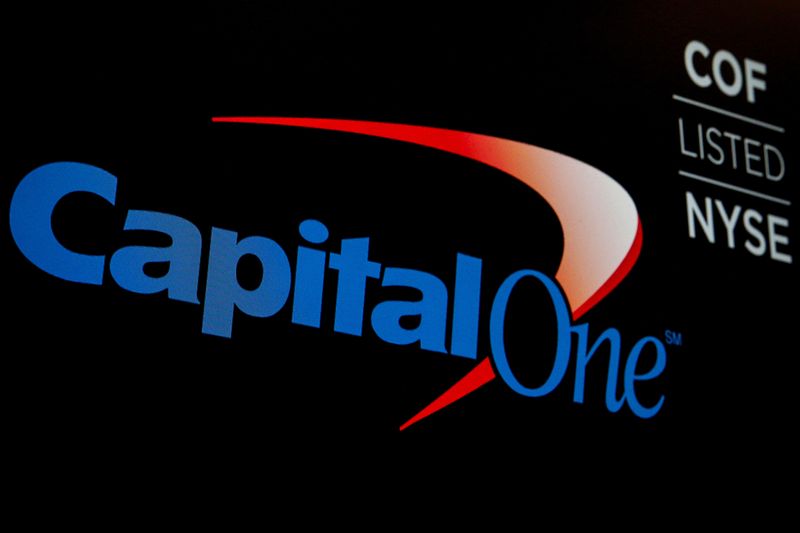(Reuters) - Capital One Financial (NYSE:COF) posted a 43% drop in its fourth-quarter profit on Thursday, as the credit card lender set aside more funds to cover souring loans and recorded a charge related to replenishing a government deposit insurance fund.
High borrowing costs have increased the risks of more customers not being able to repay their credit card debt, which is among the costliest type of loans.
Lenders are responding by strengthening their buffer against such risks. Capital One boosted its provisions for credit losses to $2.86 billion from $2.42 billion a year earlier.
Last week, Discover Financial also reported lower profit due to higher bad loan provisions.
Warren Buffett-backed Capital One also recorded a $289 million charge related to replenishing the Federal Deposit Insurance Corporation's (FDIC) deposit insurance fund, which was drained of $16 billion after Silicon Valley Bank and Signature Bank (OTC:SBNY) failed last year.
The results underscore the threat facing consumers in the coming months due to elevated interest rates. Though experts estimate the Federal Reserve to start cutting rates soon, the U.S. central bank has warned they may need to stay higher for longer.
Capital One's net interest income climbed 4% to $7.52 billion during the quarter.

Its net income fell to $706 million, or $1.67 per share, for the three months ended Dec. 31, compared with $1.23 billion, or $3.03 per share, a year earlier.
Rival American Express (NYSE:AXP), which caters to high-income customers, is scheduled to report its earnings on Friday. Like Capital One, AmEx is also backed by Buffett.